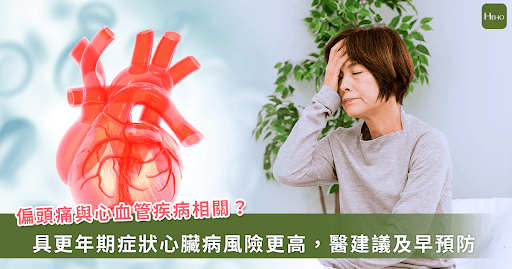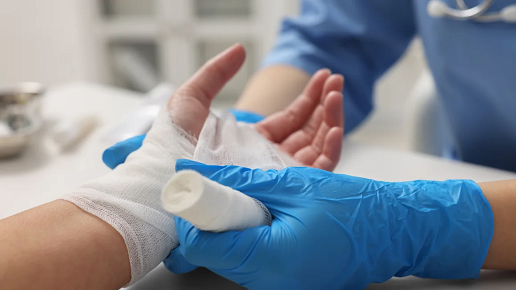After menopause, women lack hormonal protection, increasing cardiovascular risk. A new study finds that women with long-term migraines from youth, combined with persistent menopausal symptoms like night sweats and hot flashes, face higher risks of heart disease and stroke.

Increasing vegetable intake also helps with improvement. Photo/Heho Health
Young women with migraines should be cautious. Menopause occurs between 45-55 years, bringing various symptoms. The journal Menopause shows women with migraines and persistent menopausal symptoms have higher cardiovascular risk. Preventive measures are crucial for high-risk groups. Over 30% of middle-aged women report persistent hot flashes and night sweats, with 23% also having migraines. Lifestyle changes can reduce risks.

Regular exercise and weight control also help Photo/Heho Health
Researchers emphasize: "These studies show that not all women experience the same as they age. Many can control and avoid increased heart disease and stroke risk later in life. Women should prepare early to prevent diseases, avoiding factors like smoking, sleep deprivation, poor diet, and lack of exercise."







